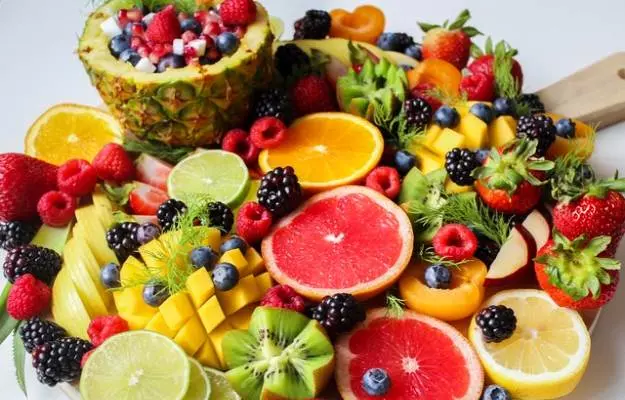The thyroid is a butterfly-shaped gland present in the throat, just below your Adam’s apple. The thyroid gland produces two hormones, T3 (thyroxine) and T4 (triiodothyronine), which are maintained by the thyroid-stimulating hormone (TSH). The thyroid is one of the most important organs in your body, as the thyroid hormones regulate a number of functions from generating body heat to the smooth functioning of your metabolism.
Thyroid dysfunctions in the body can either present as hypothyroidism or hyperthyroidism. In hypothyroidism, there is reduced production of thyroxine hormone in the body which slows down the metabolism, leading to weight gain and intolerance to cold.
In hyperthyroidism, there is an increased production of thyroxine hormone in the body which stimulates the metabolism, leading to weight loss and intolerance to heat.
Thyroid dysfunctions can also occur when the body’s immune system attacks the thyroid gland, leading to Hashimoto’s thyroiditis or Grave’s disease.
Hypothyroidism is most commonly seen in women: one in every 10 women worldwide has hypothyroidism. In addition to medication, people living with hypothyroidism need to manage their diet. Here in this article, we will talk about the food items and beverages that are recommended for people with hypothyroidism.
You might also be interested in yoga for thyroid problems
If you are tired of dieting and exercising and are not able to lose weight, then use myUpchar Ayurveda Medarodh Fat Burner Capsule, it has no side effects, order it today and avail the benefits.













